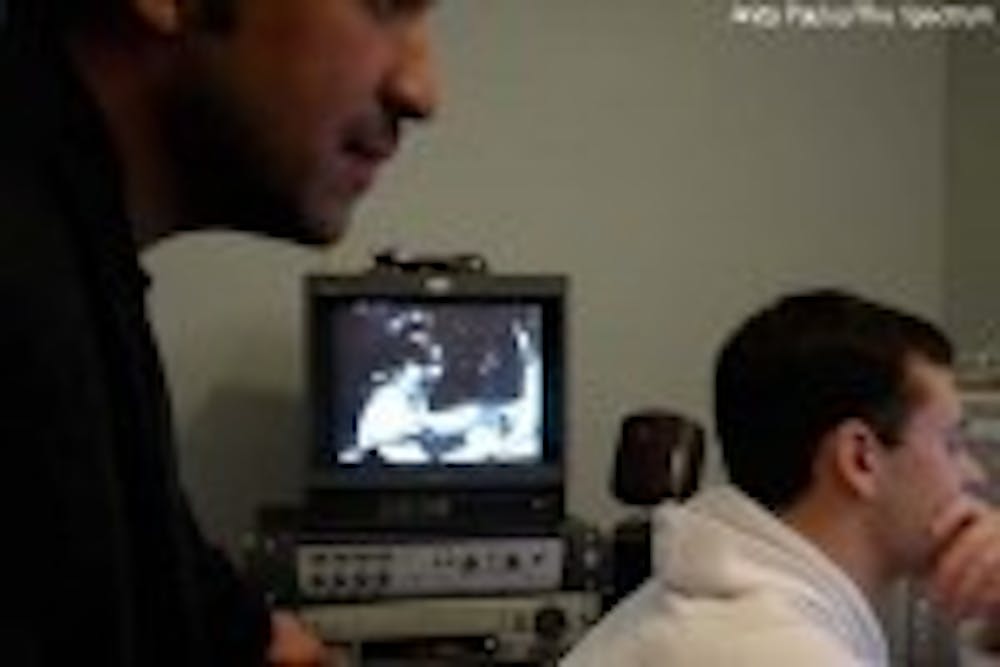Five months after filming illegally undercover in Cuba, two UB graduate students are now hoping to attract attention to their documentary about the social effects of tourism on the isolated Communist island.
"Entre Luz y Sol," which means "Between Light and Sun" in Spanish, is the culmination of almost a year's work by Clorinda Andrade, the writer and co-producer of the film. After an on-campus screening Thursday, the documentary's next step could be a film festival.
"The film explores the effects, from the 1990s to the present, of tourism on Cuba," said Andrade, a master's student in Caribbean studies. "The social effects of tourism are known, but most put a blind eye to it."
According Kevin Lopez, the director of the film, the documentary investigates the relationship between tourists and Cubans.
"Cubans and tourists both exploit each other," Lopez said. "It is a symbiotic relationship."
For Andrade, the film began as a thesis project.
"As of right now this is purely a thesis project, but we will potentially submit it to film festivals," Andrade said.
Andrade came up with the idea after spending last summer in Cuba.
"I proposed the idea in the summer, worked on the details through the fall, and we filmed in December," Andrade said.
According to Andrade, there are different types of tourists, and each is touched on in the film.
"There are a couple types of travelers: those that go on guided tours, academic tourists and sex tourists," Andrade said. "The Spanish term jineterismo is used to describe all the people who hustle and prostitute themselves to tourists in order to survive."
The documentary might be a student project, but it received some big-time funding. Once Lopez became involved, he applied for, and won, a scholarship from Miramax.
"Miramax provided me a $10,000 scholarship to film the documentary," Lopez said. "With the money I was able to pay for the equipment we needed, as well as getting to and from Cuba."
Even with the help from Miramax, Lopez and Andrade had several major obstacles to face when filming in Cuba.
"We had to film the entire documentary incognito," Lopez said. "We had no permission from the government to film, so we could have been in a lot of trouble. We had to be very discreet."
Andrade and Lopez said the film is not meant to be a political statement, but rather a way to explore issues from a student's perspective.
The filmmakers said their own culture also helped give them advantage when it came to working unnoticed in Cuba.
"Since we are Latinos we were able to blend in with social circles that other filmmakers might not be able to," Andrade said.
"Entre Luz y Sol" will be screened on Thursday at 6:30 p.m. in Room 112 of the Center for the Arts.





